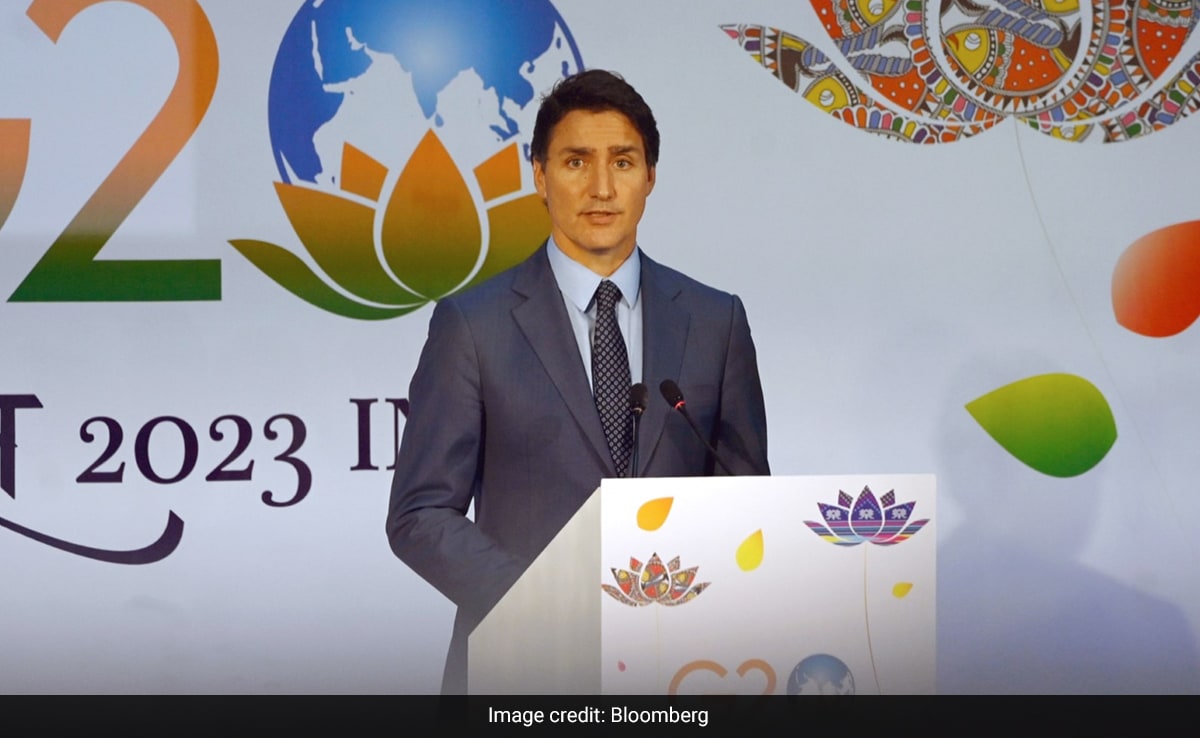Prime Minister Narendra Modi hands over a a key to a beneficiary of the Pradhan Mantri Awas Yojana. File
| Photo Credit: ANI
The Union Government will launch a scheme to help “deserving sections of the middle class living in rented houses, or slums, or chawls and unauthorised colonies to buy or build their own houses”, Finance Minister Nirmala Sitharaman said on Thursday, while presenting the Interim Budget 2024-25 in Parliament.
With regard to the Pradhan Mantri Awas Yojana (Grameen), an existing scheme to provide housing for the rural poor, Ms. Sitharaman said that despite challenges related to COVID, the government was close to achieving the scheme’s target to build three crore houses. She added that two crore more houses will be taken up in the next five years to meet the requirement arising from an increase in the number of eligible families.
Budget 2024 | Follow live updates here
Boost for real estate sector
“The proposal to add two crore additional houses under the PM Awas Yojana (Grameen) over the next five years is likely to enable growth in the rural areas. Further, the announcement on housing for middle class for deserving sections would propel the development of real estate and construction activities along with allied sectors,” said Anshuman Magazine, chairman and CEO – India, South-East Asia, Middle East & Africa, CBRE.
According to Manish Jaiswal, MD and CEO of Grihum Housing Finance Ltd, affordable housing finance companies will contribute significantly to meeting this target.
“We are particularly encouraged by the commitment to empower women homeowners, with higher percentage of houses assigned to them under the PMAY-Grameen scheme. We believe these initiatives will further strengthen our Prime Minister’s vision of ‘Housing for All’ and contribute to inclusive and sustainable growth,” said Sarosh Amaria, managing director of Tata Capital Housing Finance Ltd.
Green growth theme
While there were no big bang announcements on the real estate front in the Interim Budget, the key themes of ‘green growth’, infrastructure augmentation, housing for all, and the creation of tourist centres will be important elements in creating a robust ecosystem for the sustainable growth of India’s real estate sector, said Samantak Das, chief economist and head of research at JLL India.
Incentives to harness wind energy and support for the manufacturing and charging infrastructure for electric vehicles would lead to a surge in demand for real estate dedicated to EV manufacturing and charging facilities, he said. Landlords and occupiers would increasingly focus on making real estate more responsible, both in terms of higher green building certifications and adoption of green leasing practices, he added.
Dr. Das said that the provision for two crore additional rural houses over the next five years, and the reintroduction of a housing scheme for the middle class, would positively impact the residential and allied sectors. Besides, the announcement on creating and enhancing tourist centres will bring hospitality-related development in sharp focus while creating the need and opportunity for associated real estate development, such as holiday homes, second homes, commercial and social infrastructure, in such locations, he added.










